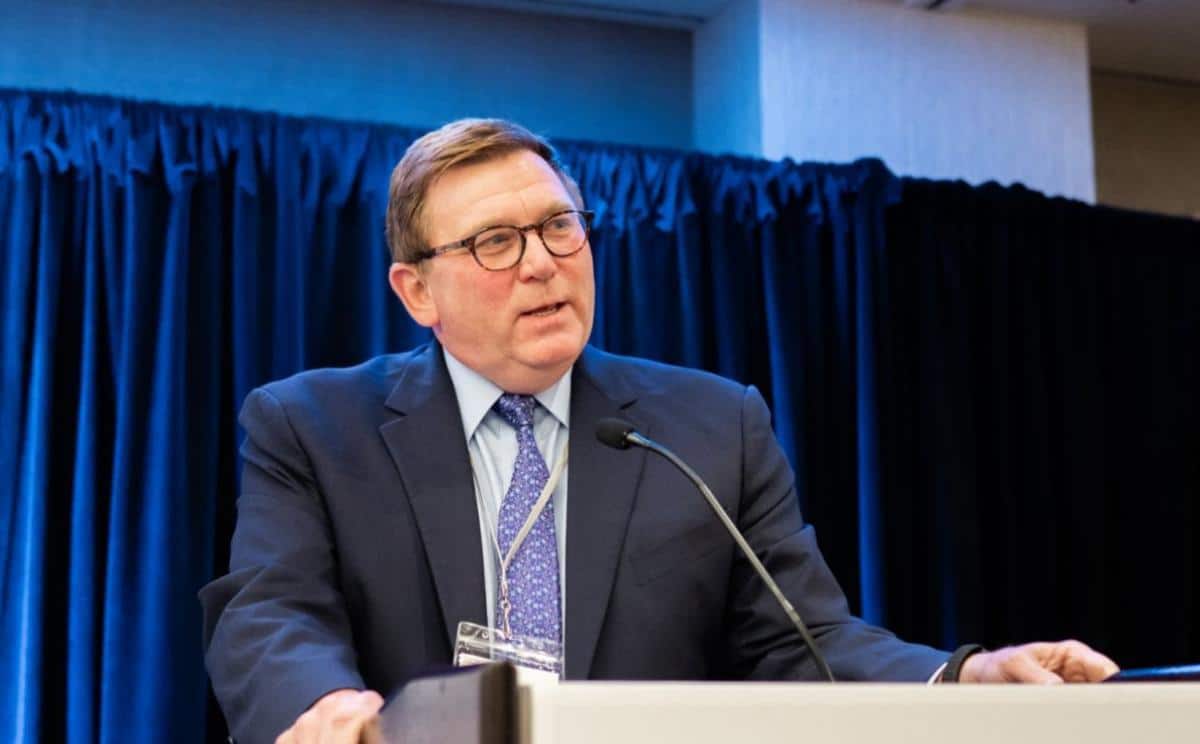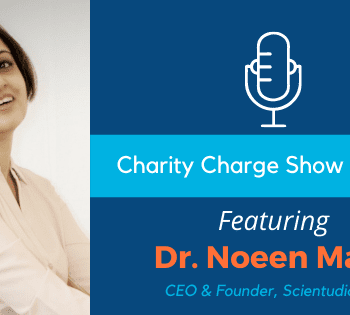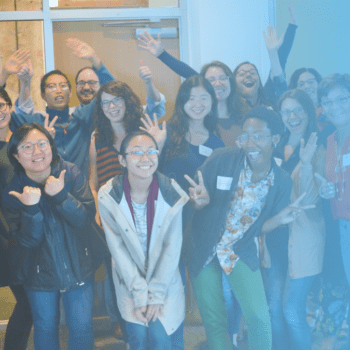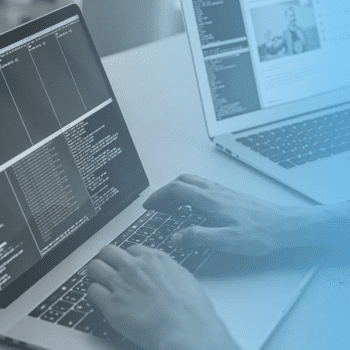Q: What is your background and current role in the nonprofit sector?
Scott: My background has been working with the international nonprofit sector with World Vision and also with Path, which is a global health technologies nonprofit. But for the last eight years with Global Impact. Global impact, just to give a quick overview, is a nonprofit that’s focused on raising funds and growing global philanthropy. That’s why we’re so proud to be a partner of Charity Charge.
The Charity Charge program is such a fantastic vehicle for nonprofits to be able to build residual revenue, as well as a terrific card for any nonprofit. More broadly, we do three things at Global Impact. We help design strategies for fundraising. We then often serve as a campaign partner for those fundraising campaigns. And then finally, we serve as a fiscal sponsor to distribute donations to nonprofits. So that’s kind of our three areas of focus, if you will. We’ve been around for about 64 years and do a lot of work with everyday donors that are giving less than $10,000, which make up a critical foundation to all of our giving in the United States and around the world. Last year, we raised and distributed 127 million to charity with an operating budget of about 20 million.
Q: Where should the focus of nonprofits be in times of crisis?
Scott: I think first and foremost, the most important thing is everyone’s health and safety. None of us have seen anything like this in our lifetime, whether we’re talking about 9/11, the great recession, SARS and Ebola or other epidemics. We’ve not seen anything really transcend the world and affect virtually every region and every country. I think the most important thing is for all of us to take very seriously the current health threat and to do everything we can to slow the virus down. To all of us in the nonprofit sector, I think the first thing we can do is be role models for our families and our communities. And that’s not a small task, because we all want to keep working. It’s so important for us to heed the health officials warnings and really do what they’re asking us to do. So I think that’s the first thing.
The second is certainly to continue to communicate and I think the nonprofit sector is doing a really good job of that. I encourage all nonprofits, as well as Charity Charge partners, to do your best to communicate to your board, your staff and your donors about what you’re doing in terms of the health response as well as how the organization’s doing, because they care about you and want to make sure that you have what you need.
Q: How does COVID-19 compare to past crises, such as 9/11?
Scott: At the time of 9/11 I was with World Vision, which is one of the largest nonprofits in the world. I was serving as the Senior Vice President for World Vision USA and that week we had a team in New York, so we became a part of the faith based response at ground zero. So I was actually at ground zero on the fourth day following the attacks, which was a horrific scene, but was also such a privilege to see the first responders and everything that the whole community was doing. After 9/11, there was an effort to really come together. And I think that’s happening here as well. What happened following 9/11 was a real focus on, initially, the response and then on recovery and it certainly had the attention of donors, which meant their attention wasn’t as great for other causes. I think the world that we’re facing right now, you have a sense that we were going to get through this time of crisis and that we were going to get back to normal.
With COVID-19, we don’t know when that end will be and how that’ll look. So that is a little bit of a different perspective. Certainly after 9/11, there was a sense that the world had changed forever, because it did. We still see that in our airports and our daily lives, but there was still a belief that we’re going to be able to continue to tackle causes on a global and national level that we care about. This is the current situation. We have to tackle COVID first before we can tackle almost anything else.
I think in the context of the great recession, we saw a decline in donations. It probably took at least five to six years for us to see giving rebound. So it has a real ripple effect and in many ways the reduction in charitable giving happened gradually and it also came back gradually. I think the difference in this situation is that anything that’s not COVID related has all of a sudden, just stopped. So with the stock market down 20 plus percent and everything happening at once you kind of have this multiplier effect on immediate giving, because you have both the stock market down as well as all of these different channels of everyday giving, galas, and online giving that have been affected. I think hopefully, unlike the great recession, we should see a return of donors and of activities once we’re past this current health crisis. And then we’ll deal with the residual effects of the stock market and bringing the economy back, which I don’t want to sell short, because that’s going to be a big task.
Q: What about the Recession of 2008? Are there any lessons you learned during that time?
Scott: The first thing to do, is not panic, but instead really look at anything you can do to adjust your budget and not lose your valuable assets, which often are people. And then the second thing I really encourage people to do is make sure that you can do as much of your work virtually with your donors and give them the ability not only to give online, but to communicate and even generate programs online as well. So that’s going to be part of a new normal. So any nonprofit that can deliver their programs as well as raise funds online, will be in a better position then those that can only do one or the other.
Q: How has working remotely affected your organization? Any advice for other nonprofits?
Scott: Well one thing that we’re thankful for is that we have about a third of our staff working remotely already around different parts of the world. We also, at least a year ago, implemented a telecommuting Friday for all the staff around the world, including our headquarter offices here in DC. That really helped us to get us ready for this new world in which everyone is now remote.
So I think the first thing is making sure that your staff are safe and that they have the equipment they need to communicate with. The second thing, as a leader, I’m finding it so important to stay in touch. So I’m doing everything I can to get communication out on a regular basis by having more virtual staff calls. I think that’s important to do, because people don’t know what they don’t know. It’s so important to have good communications.
Lastly, it is important to really make sure everybody knows what they’re manageable interest is. What do you need that associate or manager or supervisor to do while they’re remote? What teams are they in charge of? What programs are they working on? So that you can make sure that everybody has a sense of their responsibilities, even if they can’t see each other or be with each other.
Q: Can you share a bit on the mission of Grow Fund, for anyone interested in giving back?
Scott: So Grow Fund was set up to be a no minimum donor advised fund, which is one of the fastest growing segments in philanthropy. We wanted every person, regardless of how much they give, to have the same tools as a foundation or donor advised fund, where they can not only save their funds, of course, in a good stock market, but then also make donations from your Grow Fund to the charities of your choice. And we’re so thankful that with Charity Charge, you can actually link your Charity Charge card to your Grow Fund account. So you can give both to individual charities and also to your Grow Fund accounts. So I think that’s powerful and as we look ahead to the new world, anything that supports multiple causes related to our everyday living as well as our everyday giving will be important, just like the Charity Charge revenue model.
To learn more about Global Impact visit charity.org and subscribe to their newsletter.
To learn more about Grow Fund or to set up your account visit mygrowfund.org.





